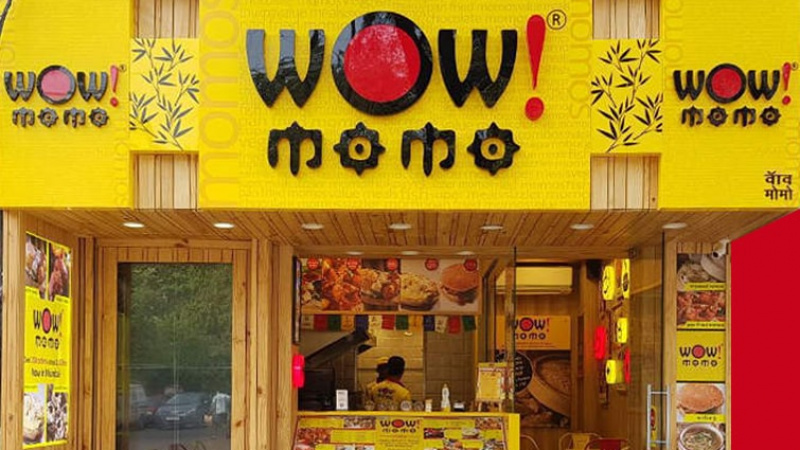Indian Hotels: Improving financial statements but investors remain unsatisfied
Shares of Indian Hotels Co. Ltd. have gone down 12% in the last two weeks. The proposed rights issue which offered one share for every five shares held; with a
- by Vandita Jadeja 2018-01-02 08:08:01
The financials of Indian Hotel Co.’s has been improving steadily with time, although its domestic operations have fared much better than overseas subsidiaries. A proposed right issue by the group which offered one for every five shares held could not boost investor sentiment. Tata group owns Indian Hotel Company and in a move to focus on the asset light business model, it sold the unviable assets to repay high cost debt and has thus, lowered the consolidated debt equity ratio from 2.1 in March 2015 to 1.1 in March 2017.
Shares of Indian Hotels Co. Ltd. have gone down 12% in the last two weeks. The proposed rights issue which offered one share for every five shares held; with a steep discount to the prevailing market price, did nothing to boost the investor sentiment. The Rs.1500 crore raised through the right issue will be party used to repay debt. This is also in line with the hotel chain’s attempt to deleverage the overburdened balance sheet which was hard to service given the dull state of travel and tourism. Its stand-alone debt to equity profile has improved and stands at 0.6 now.
Analysts say that a part of the rights issue proceeds will be used to renovate its Mumbai Searock hotel property which would over time help churn out good revenue from business travelers. It has been shut since it was purchased at an expensive valuation in 2008. Apart from that, domestic tourism and travel is gaining ground and occupancy rates as well as average room rates have shown an improvement in the past two quarters. The firm’s latest room additions in the key leisure destinations across the country are expected to reap benefits in the long term.
The stand-alone business does look better than it did in the last few years. But investors will only be satisfied with the international subsidiaries that account for almost 40% of the consolidated revenue do better. Currently, the operating margin of the overseas segment is only 5-6% which drags down the overall profitability. Moreover, the restructuring operations to club majority of the overseas properties under one umbrella has made it easier to work towards the improvement in operational efficiency and perhaps even monetizing the loss making assets.
This will still take some more time. The company has definitely built an appetite through a significant improvement in domestic operations but it will take some time to satisfy the investors. All said and done, Indian Hotels’ stock is an outperformer in the luxury hotel universe. The company may take some more time to revive the value of its stock and show higher results to the investors.
POPULAR POSTS
Union Budget 2021: Expectations of the Travel & Hospitality Sector
by B2B Desk, 2021-01-27 07:16:41
10 Trends That Will Shape the Hospitality Industry in 2021
by B2B Desk, 2021-01-06 06:35:14
No cheer for hospitality and travel industry this New Year
by B2B Desk, 2020-12-08 08:58:14
Government eases visa, travel restrictions for foreign and Indian nationals
by B2B Desk, 2020-10-23 05:50:16
Should you plan a vacation now? The answers to these 5 questions will help you decide
by B2B Desk, 2020-08-11 07:12:19
Dubai launches Covid-19 compliance stamp for tourism, retail establishments
by B2B Desk, 2020-07-23 09:21:56
The Travel and Hospitality Industry are staring at a revenue loss of Rs.5 Trillion: Covid-19
by aditi verma, 2020-04-20 06:20:13
RECENTLY PUBLISHED

"Ola, Uber challenger Namma Yatri is in discussions to raise $10-15 million in its debut funding round."
- by B2B Desk, 2024-04-18 09:31:53

Ibotta, supported by Walmart, aims for a valuation of up to $2.7 billion in its upcoming US IPO
- by B2B Desk, 2024-04-18 08:52:37

Beginner's Guide: Getting Started with Stock Market Investing, Step by Step
- by B2B Desk, 2024-04-18 07:36:20

Wow! Momo gets Rs 70 crore investment from Z3Partners in its latest funding round
- by B2B Desk, 2024-04-17 10:41:29




 Subscribe now
Subscribe now 